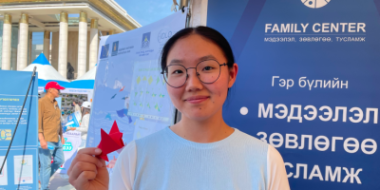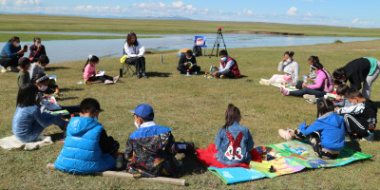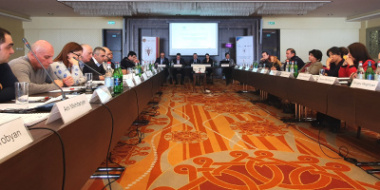The Shadow Pandemic: Addressing gender-based violence during COVID-19
Violence against women has long been recognized as a global epidemic, and the COVID-19 pandemic has significantly escalated threats to women’s safety, security and access to justice.














